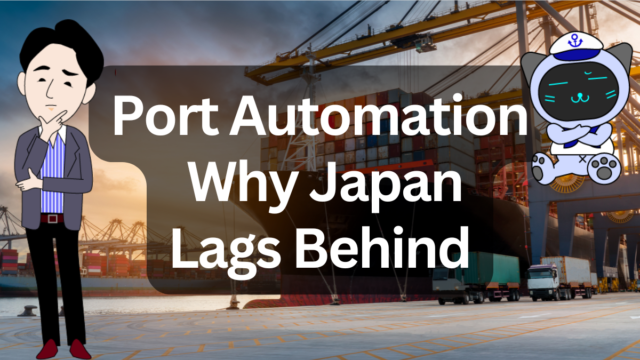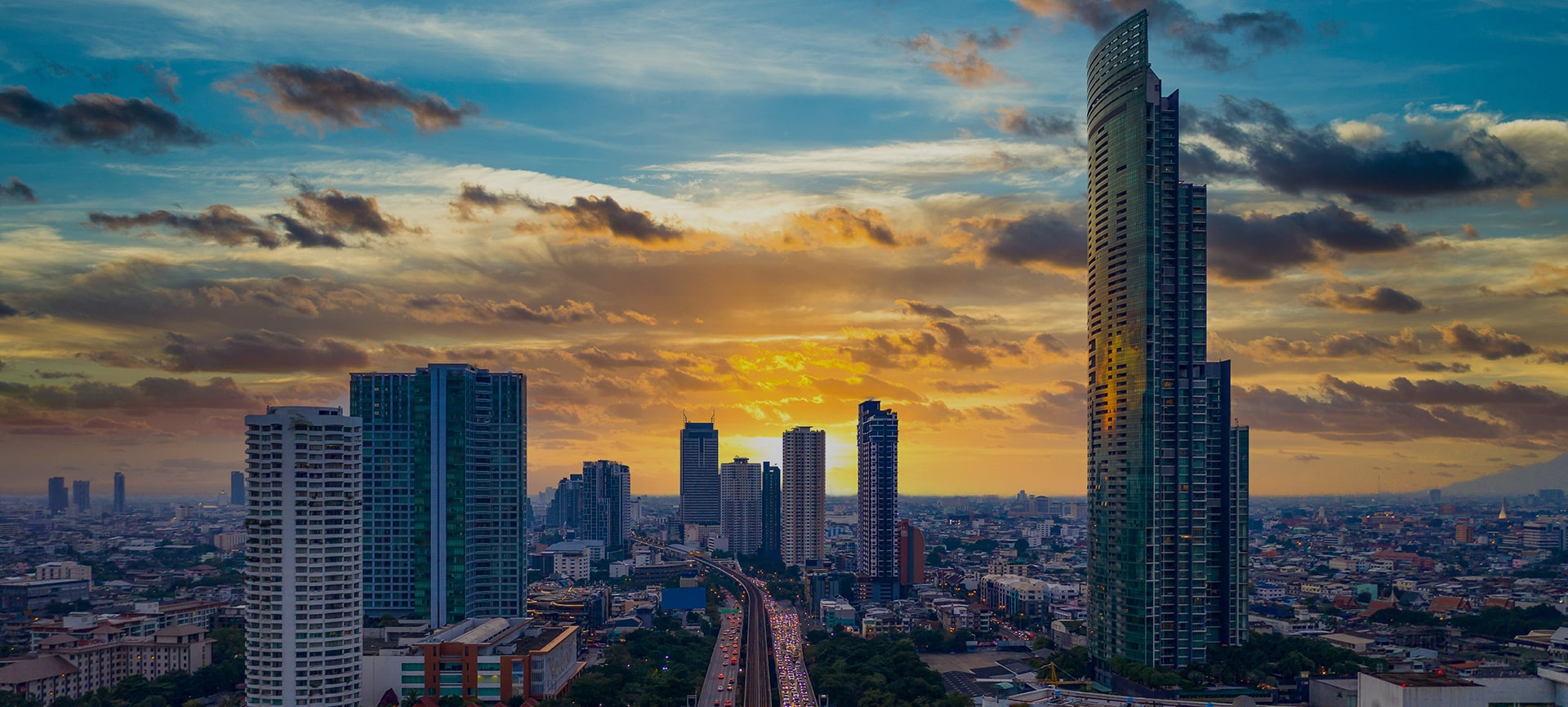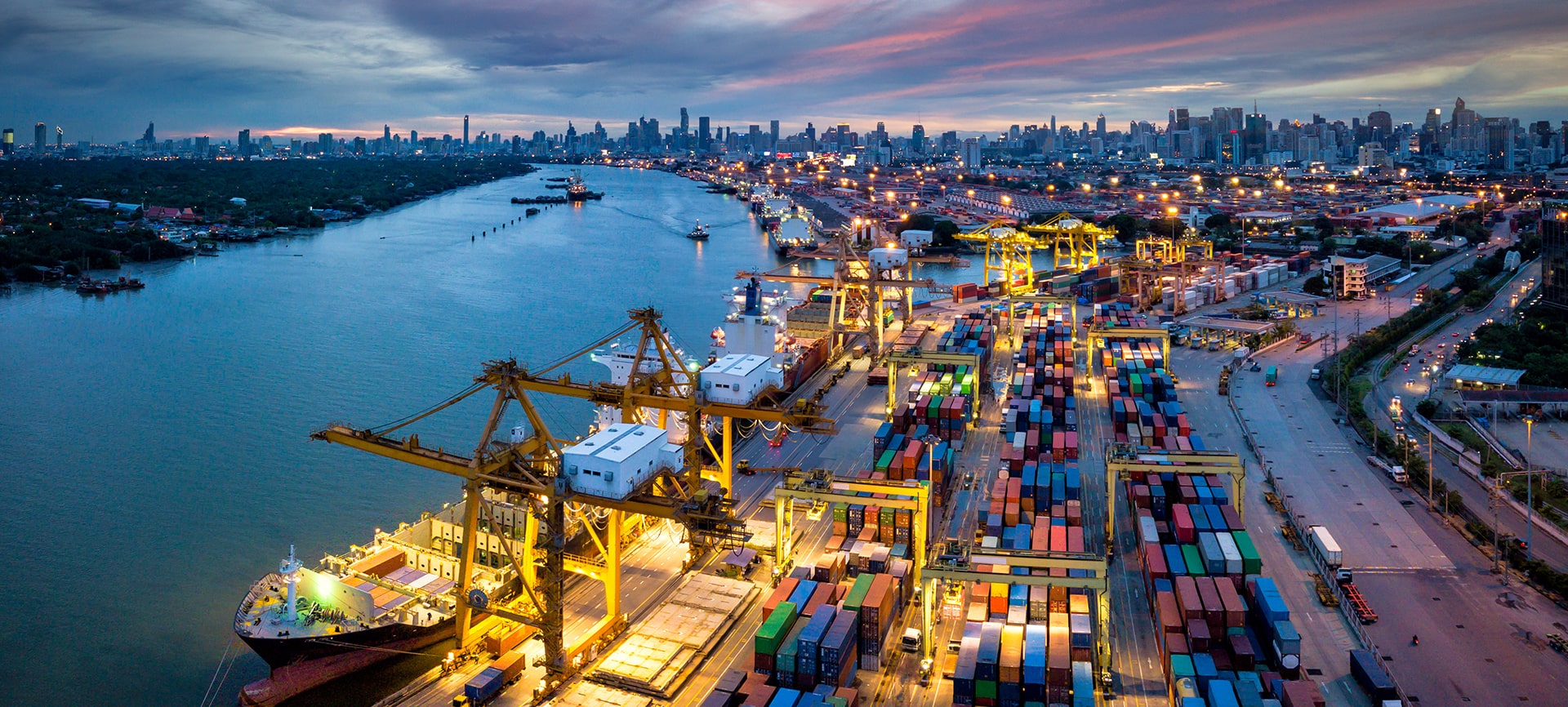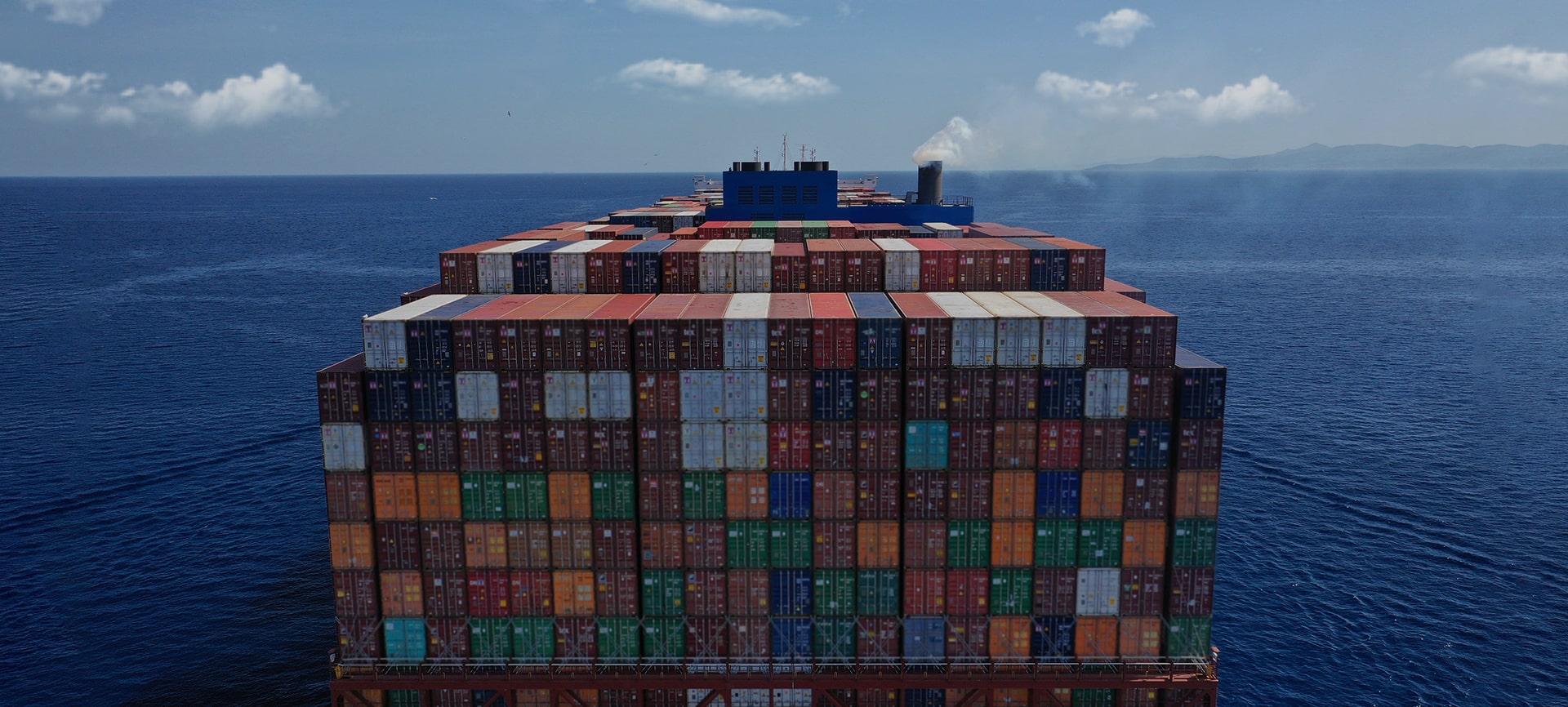Posted on: July 28, 2025 / Last updated: July 28, 2025
Clash at Thai-Cambodian Border Disrupts Land Transport for Japanese Firms

A July 25, 2025 article in the Kaiji Press reported that the recent military clash between Thailand and Cambodia has dealt a blow to Japanese firms relying on land transport.
This article analyzes the situation from the perspectives of supply chain risk and logistics strategy.
CONTENTS
Military Conflict at the Thai-Cambodian Border
On July 24, a military conflict broke out in the border region between Thailand and Cambodia.
In particular, the Poipet area on the western side saw civilian casualties near the border gate.
This location is a key logistics and transportation hub connecting eastern Thailand and western Cambodia. With this event, part of the supply chain’s “artery” was suddenly blocked.
Swift Response by Yazaki Corporation
Among the affected Japanese firms, Yazaki Corporation stood out for its rapid response.
They shifted part of their Cambodia-to-Thailand component transport from land to sea.
Furthermore, they started production of the same components at a factory in Thailand to ensure logistics redundancy and supply chain resilience.
In fact, border gate closures began as early as late June, and Yazaki had already taken action by then.
Risks Emerging in the “Thailand Plus One” Strategy
Cambodia has long been a focal point in the “Thailand Plus One” strategy, where manufacturing shifts to lower-wage neighboring countries to offset rising labor costs in Thailand.
This led many firms to produce parts in Cambodia and transport them to Thailand by land.
Automakers like Toyota, Honda, and Mitsubishi heavily adopted this model.
Currently, production has not been seriously affected, but it may only be temporarily maintained through inventory and logistics workarounds.
However, maritime transport takes longer, so prolonged conflict could increase the risk of supply delays.
Impact Extending to Labor and Infrastructure
The disruption isn’t limited to logistics.
Over 100 Cambodian workers are employed at Minebea’s factory in Thailand, and restrictions on cross-border movement may affect labor availability.
According to social media reports, 7-Eleven outlets and BTS stations near Poipet have been hit by shelling, raising concerns over the safety of local infrastructure.
Krungthai and Kasikorn banks have temporarily closed 35 border branches, while Ayudhya Bank shut down 2 locations—highlighting the impact on financial institutions.
Outlook and Need for Strategic Readiness
Local sources suggest that border reopening is unlikely in the near term and disruptions may be prolonged.
Some of our client companies had already transitioned to maritime transport in June, showing the importance of quick and flexible responses.
The conflict has escalated, including airstrikes by Thailand and reported casualties, making this a very serious development.
The consequences go beyond logistics, extending to humanitarian and economic concerns.
Going forward, it will be essential to build flexible, multi-layered logistics strategies. We sincerely hope the situation stabilizes soon.












